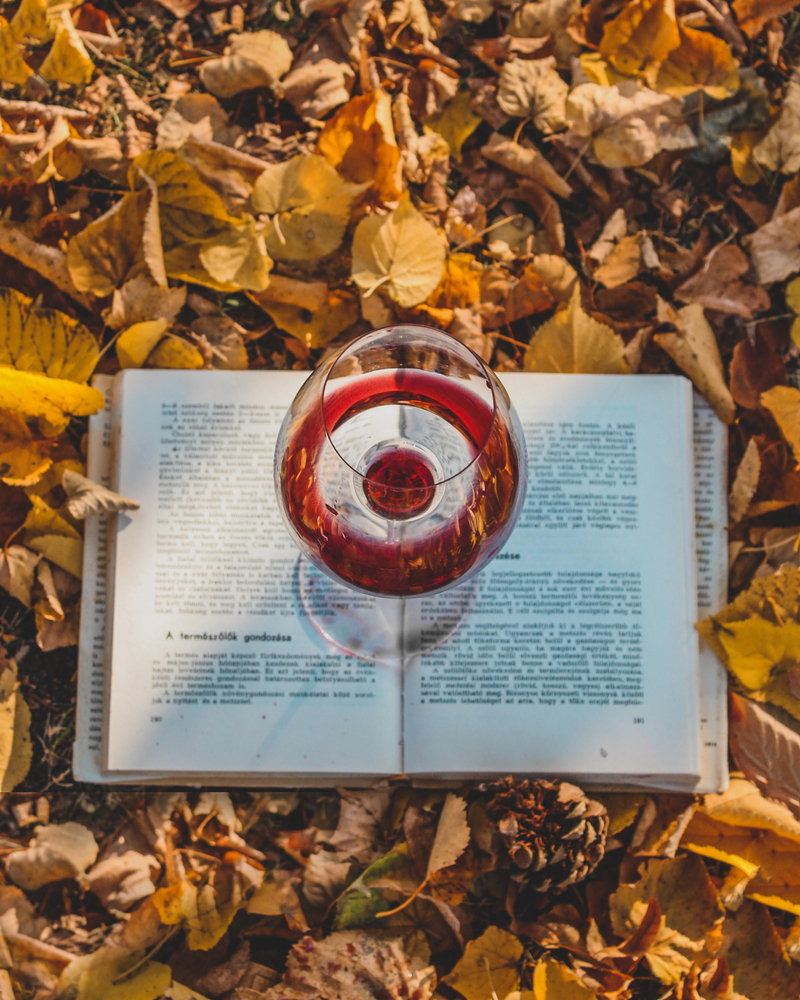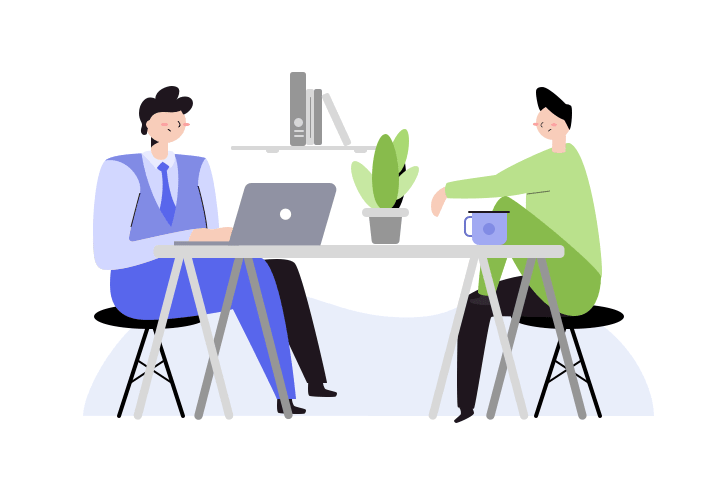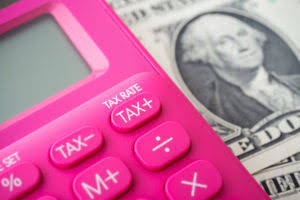Content
The shame and fear of being talked about or not invited or feeling like you will be boring because you don’t drink, is holding you back from quitting. The most important question to ask yourself is why do you drink? Once you have an answer to that, you can decide if you want to continue drinking, or take a break to learn more about yourself alcohol-free. With gray area drinking, there are no major red flags, but you know alcohol is starting to cause problems in your life. Most people who binge drink do not have a severe alcohol use disorder , but it’s essential to be cautious of this type of drinking because it can lead to AUD. This type of drinking happens when men consume five or more drinks, or women consume four or more drinks in about 2 hours.
- Should we seek the most momentary happiness possible, or is a happy and fulfilled life one that consists of ups and downs over the course of it?
- And I just felt like I couldn’t get that from what I was doing.
- Then perhaps alcohol plays a role, as not only a social lubricant, but, again, it’s an attempt to self-soothe, manage anxiety, self-medicate.
- And so, what I found really interesting was about this book that I’m almost done with, I think a lot of a lot of what I’ve been applying to the DRI club has been a lot of trying to teach people the growth mindset.
- While losing weight may not be a primary goal of embracing a sober lifestyle, the fact is that alcoholic beverages do add calories, which translates to weight gain.
Lastly, create a mantra that will remind you that you don’t have to go back to drinking; you can move forward without slips. Write in your journal about your experience and how you feel.
The Top 10 Benefits of Living Alcohol Free
WanderEater Magazine is Canada’s Food & Travel magazine. For Canadians traveling aimlessly for food.
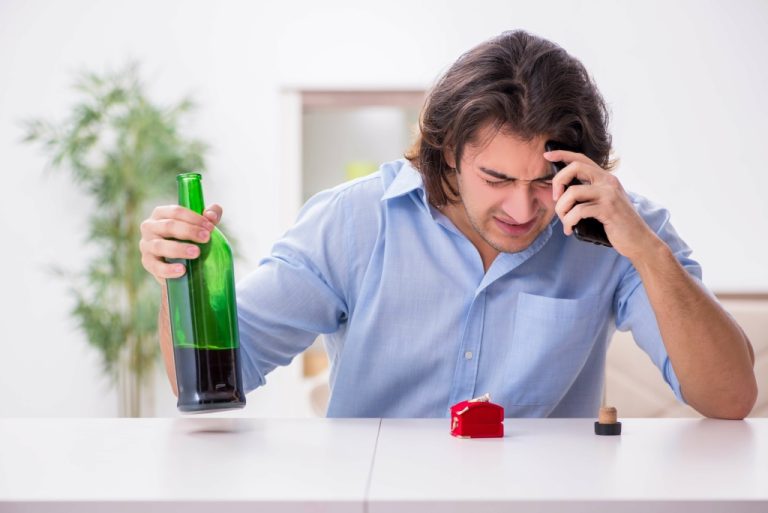

Most drinkers start to sleep better after a week of no alcohol consumption. This better sleep is caused by more REM sleep, the deepest stage of sleep where dreaming and memory occur. Alcohol may help you fall asleep faster because it’s a depressant, but it prevents this all-important REM stage of sleep. In this article, we will talk about what happens when you stop drinking alcohol — for heavy drinkers, binge drinkers, and those who struggle with alcohol abuse — separated into easy-to-understand sections. For people like Gottlieb, the sober curious movement is having a positive side effect, creating more safe spaces to socialize for those in recovery. Increase a person’s risk for several types of cancer.
The Ultimate Guide to Going Alcohol-Free Later in Life
Alcohol is one of the most expensive drugs that you can buy, with a simple pint of beer typically costing a few dollars and cocktails often being double or triple that amount. That means every time you go out for drinks, you can spend a considerable amount of money. A great starting point is to use that “extra” money to pursue a hobby you’ve always wanted to try. That means making investments in sporting gear if you’re making a genuine commitment to dieting and exercise for some of us. For others, it’s a prime opportunity for others to do something as simple as reading more books or enjoying a craft . You also find that non-alc drinks don’t have you craving another, and another, and another. So, even if you’re splurging on some boutique alc-free drinks to help soothe your cravings, you’re still spending less and stop after a few while still keeping social.
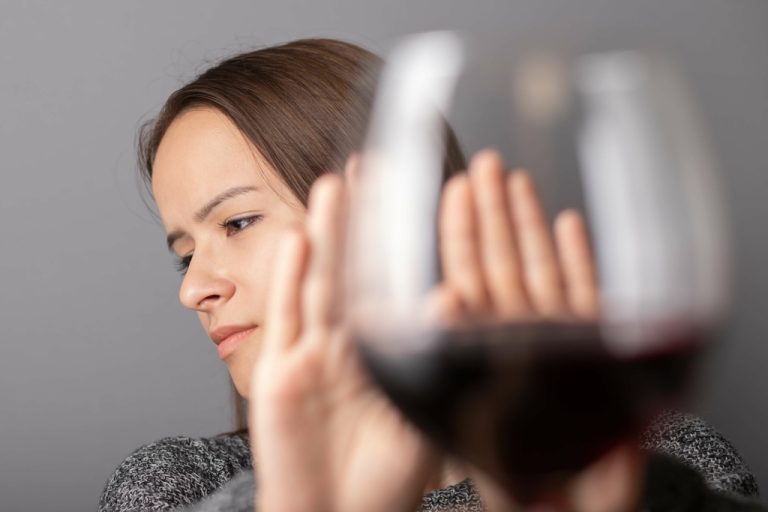

Studies show overwhelmingly that drinking increases the amount of oestrogen in women’s systems and may also lower progesterone. Higher oestrogen has been linked to breast cancer. My oestrogen dominance reversed when I quit drinking. It may seem impossible to avoid alcohol if you’re a regular drinker, but it’s not that hard. Once you’ve become sober and stayed sober for a while, an alcohol-free lifestyle makes life worth living and creates genuine happiness. From that point on, everything began to change for Rzadkowolska.
How To Get Sober In 2022? Try These 5 Tips To Finally Quit Drinking
At 3 weeks of not drinking, most drinkers have successfully reduced their risk of heart disease, including stroke, high cholesterol, and high blood pressure. Their kidney health and even their vision may improve. For dependent drinkers, in some cases, you may experience nightmares, anxiety, and insomnia due to long-term withdrawal symptoms.
What happens on day 4 of no alcohol?
However, by day 4 without alcohol, most people will have got beyond any initial withdrawal symptoms. All the alcohol will have left your system by now, and your body will begin to bounce back. If you're not as focused on alcohol, you may be eating better, drinking water, moving more, and perhaps sleeping more deeply.
It can be for personal, health or religious reasons, or it can simply be a lifestyle choice. There are many benefits to living alcohol-free, including better sleep, improved energy levels, reduced stress levels and weight loss. There are also many social benefits to being alcohol-free, such as being able to attend events and gatherings without feeling the pressure to drink and making new friends who also don’t drink. So it’s something that just alcohol free lifestyle like anything else, like you have to do what you’re comfortable with? Like, I’ll tell people all the time, you know, I was I think I had over three years sobriety before I ever tried my first nonalcoholic beer. And I thought about it for a little while first. And it really was not a triggering experience at all it really, if anything, it’s kind of took away some of that FOMO that I still had a lot of even when I was out with friends, right?
Alcohol free vs sober!
And what I really realized in the last six months, is that I’ve really been over exercising, and as a form of self-punishment, as a form of control. And as a part of my like OCD and my perfectionism, and that’s manifested because I’ve spent Now sprained my foot twice. And so, you know, the thought behind Well, I’m not an alcoholic anymore, or I don’t use alcohol, that’s no longer my drug of choice kind of switched over, right? So now, I over exercise and use it in a maladaptive way. And I had to kind of back up and think like, Okay, so what’s going on in my life, that even though I’m not picking up a drink, I’m doing something else that’s harming me. So I had to kind of take a step back from exercising, and really evaluate.
